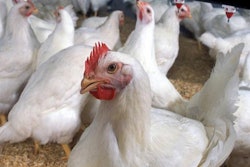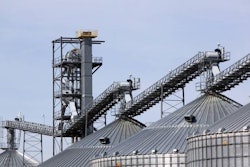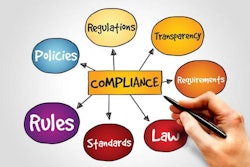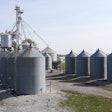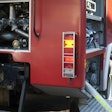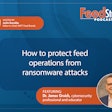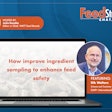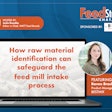The 5th Global Feed and Food Congress started in Antalya, Turkey, on April 18th with the theme of “Equity and Prosperity for All.”
Various speakers highlighted the need to achieve not only more equity in the world, but also to bring it to the feed industry itself. Without greater equity and prosperity, the world will become more unstable due to feed and food scarcity, and the animal feed industry has a major part to play in ensuring that this does not happen.
As part of the opening addresses, president of the Turkish Feed Association (Turkiyembir), Ulku Karakus, noted that, in developing countries, family enterprises in the animal feed and human food sectors are facing extinction as industrialization spreads, and that these businesses need support to ensure they survive and generate incomes.
He continued with the example of India which, for the first time, is importing food, meaning that local industries are failing to match production to local demand.
These issues were echoed by Joel Newman, chairman of the International Feed Industry Federation (IFIF), who noted that 13 percent of the world is still undernourished. Yet, it is not simply the case that more food needs to be produced; there also needs to be investment in infrastructure so that food actually reaches the consumers that need it.
Food security, he said, will be a major factor in securing equity for all, and the feed industry needs to play a leading role.
“Please be actively involved,” he urged. “United we can all make a difference.”
Small producers are significant
Among initiatives worked on by IFIF, in conjunction with the Food and Agriculture Organization of the United Nations (FAO), has been the production of a "Manual of Good Practice for the Feed Industry," which can be used globally to build capacity in the sector, so helping to ensure food security irrespective of where used.
The importance of small producers was discussed by the Honorable Yorika Shoji, of the FAO, who noted that small livestock and animal feed producers, whose voice is rarely heard, make a significant contribution to meat production, accounting for some 50 percent of production worldwide.
Despite their significance, these small feed producers often have to use whatever raw materials may be available to them. They need to be empowered and supported, she said, if we want to see more feed produced more safely.
However, working together is not always easy.
Ruud Tijssens, president of the European Feed Manufacturers Association (FEFAC), praised the work of IFIF to achieve harmonization in the global animal feed industry, but continued that the reverse of harmonization appeared to be on the horizon in Europe.
Whether it be concerns over GM crops, or use of antibiotics and other veterinary medicines, Europe’s approach on the one hand offered opportunities, but on the other has potential additional costs for the region’s livestock producers.
European discussions on the circular economy also have the potential to threaten the livestock sector via an emphasis on regionally produced feed ingredients.
At the end of the day, he concluded, we all share the same world with the same resources and we need to feed the world’s inhabitants with what we have. Decisions will be made at national and regional levels, and we have to work with this.
The Turkish situation
In addition to the various association and organization delegates, the event attracted 270 visitors — a strong showing, but below expectations, due to terror threat.
Karakus noted that coming to the event, however, was the best response to the terrorist threat, extending his thanks to all those present.
Turkey has been variously described as being a crossroads, a turntable and, at the very least, a link between key markets.
The Turkish feed industry has been growing by 10 percent per year over recent years and this growth is forecast to continue and reach 5 million to 6 million tons annually.
The Honorable Mehmet Danis, Turkey’s deputy agriculture secretary, noted that the country is the fourth largest compound feed producer in Europe and that 90 percent of the country’s feed mill capacity is in use.
Globally, the country is thought to be the 13th largest producer, with demand for poultry and aquafeed being particularly strong.



